
Context
The title of this year’s GEF Green Summer Academy in Poland is ‘Crossing Borders’, a phrase charged with meaning and symbolism, considering the fact that the event will be taking place near the borders of Poland with Belarus and Ukraine, as well as within a region with diverse cultures, dialects, languages, and religions.
About the event
The event includes several major themes, such as:
- The future of Europe in the context of changing geopolitics and the upcoming European Parliamentary elections
- Climate change and preparing for the COP24 Climate Change Conference in Katowice
- Green visions for farming, nutrition, and rural development
- Green visions for local governance, with particular emphasis on regional assemblies, and transition cities in alignment with the ideals of the Commons and urban movements
Through several workshops, round tables and expert debates, the event will feature discussions on fighting pollution, cities of equal chances, preventing corruption and the role of art and artists in citizens-led activism and the political transformation of Poland in a European context. The participants will also engage with the local community and local activists and learn about new green transborder initiatives and opportunities.
Through its diverse programme, the Green Summer Academy in Poland connects the dots between politics and society at local, regional, national, European and global levels.
Programme
Thursday July 12
16:00 – 19:00 Local expeditions in small groups
17:00 – 19:00 Meeting with local active inhabitants on projects of local development opportunities in a transborder context
Friday July 13
9:30 – 10:00 Opening speeches
10:00 – 12:00 What future for the Eastern Europe in EU? (Debate)
Speakers: Rebecca Harms (Member of the Greens/EFA group in the European Parliament), Paweł Kowal (College of Europe, Natolin), Małgorzata Tracz (Partia Zieloni, Poland), Michał Sutowski (Krytyka Polityczna), Moderator: Bartłomiej Kozek (GEJ), Adam Ostolski (GEJ, Krytyka Polityczna, Partia Zieloni)
12:00 – 13:45 Creating Socio-Ecological Societies through Urban Commons Transition. Lecture ‘Cities in transition’
Lecture: Dirk Holemans (Green European Foundation Board Member and Director of the Flemish Green Think Tank Oikos
Cities in transition
Speakers: Dirk Holemans (Ghent in transition with Michel Bauwens), Sergi Alegre (El Prat and Barcelona), Hanna Gill-Piątek (innovative revitalisation in Łódź), Marcin Gerwin (citizens’ panels in Gdansk and Lublin), Roger Manser (London Great Parc), Moderator: Dagmara Misztela (Partia Zieloni, Poland)
14:45 – 15:45 Artists as change makers (Debate)
Speakers: Ela Hołoweńko, Cecylia Malik, Michał Kasprzak, Joanna Kessler. Moderator: Gert Roehrborn
15:45 – 17:45 Panel debate
- Food and farming past revolution and its consequences (Key note), Thomas Waitz, MEP, EGP Committee
- The CAP today and tomorrow, the Green perspective (Key note), Andrzej Nowakowski (GGEP)
- From industrial agriculture to agroecology and food sovereignty? (Debate), Andrzej Nowakowski (Advisor on Agriculture and Rural Development in the Greens/EFA group in the European Parliament), dr Katarzyna Bańkowska (IRWiR PAN), Izabela Mier (Cooperative Dobrze), Ben Lazar (Nyeleni Polska/permaculture), Dorota Metera (expert in certification), Maria Staniszewska (ecological NGO), Adrian Sulikowski (conventional farmer/Green Party), Katarzyna Jagiełło (Greenpeace), Justyna Zwolińska (SGGW, Poland). Moderator: Ewa Jakubowska-Lorenz, (HBS Warszawa)
18:00 – 19:45 Parallel programme in Janów Podlaski and Biała Podlaska
21:00 – 22:00 ‘No Problem!’ by Yasmin Kidwai, documentary projection
Saturday July 14
9:00 – 11:00 Parallel Sessions I
- Future of work (Adam Ostolski, Bartlomiej Kozek)
- Economy and climate change (Roger Manser, Przemek Stępień)
- Rivers exchange of knowledge part I (Alesia Basharymava, Volha Kasevitch, Uladzimir Zuyeu, Petro Hrystiszyn, Heorhiy Veremiychyk, Oleksandr Husiev, Sascha Maier, Mikhail Durkin, and members of the Save the Rivers Coalition, moderators: Ewa Leś, Sascha Maier)
11:30 – 13:00 Parallel Sessions II
- Seminar ‘Green farming: Campaigning against GMO, why and how’ (Ewa Sufin-Jacquemart (Strefa Zieleni), Juliette Leroux (Greens/EFA)
- City of Open Chances (Hanna Gill-Piątek, Aleksandra Kołeczek)
- Rivers exchange of knowledge part II (Iza Zygmunt, Maria Staniszewska)
14:00 – 16:00 Parallel Sessions III
- Green media for the climate (Beata Nowak, Bartek Kozek, Jamie Kendrick (GEJ), Annabelle Dawson (GEJ), Monika Matus (Democratic Action), Wojciech Szymalski (Institute for Sustainable Development), Ilona Jędrasik (Client Earth Lawyers for Earth), Hanna Schudy (EKO-UNIA), Monika Sadkowska (RT-ON), Marcin Harembski (SMA/CAN + Climate Coalition) and others, Moderator: Katarzyna Ugryn)
- Green regional program: clean air, green jobs, integrated public transport and enthralled hunting (Małgorzata Tracz and Paweł Pomian)
- Rivers working groups E30 and E40 coalitions (Ewa Leś, Sascha Maier, Maria Staniszewska, Petro Hrystiszyn)
16:30 – 18:30 Parallel Sessions IV
- Towards COP 24 (Roger Manser (urbanist), Beata Nowak (Zielone Wiadomości), Monika Matus (Democratic Action), Wojciech Szymalski (Institute for Sustainable Development), Ilona Jędrasik (Client Earth Lawyers for Earth), Hanna Schudy (EKO-UNIA), Monika Sadkowska (RT-ON), Marcin Haremski (SMA), Patryk Białas (Skype), Maciej Smykowski (Partia Zieloni), Katarzyna Ugryn (HBS), moderators: Ewa Sufin-Jacquemart (Strefa Zieleni), Artur Wieczorek
- Seminar ‘Green farming: How organic farming can be developed in Poland and EU’ (Monika Styczek- Kuryluk, Andrzej Nowakowski, Dorota Metera, Dr. Katarzyna Bańkowska, Ben Lazar, Rober Kuryluk, and others. Moderators: Iza Mier, Julia Rokicka)
- Rivers plan of action (Izabela Zygmunt, Ewa Leś)
18:45 – 19:30 Summary and closing
Sunday July 15
7:00 – 9:00 Local expeditions in small groups
Participation fee:
The full fee of 500 PLN (570 PLN with transfer) should be paid by bank transfer to the account of Fundacja Strefa Zieleni:
66 1020 1097 0000 7602 0237 0450, title: ‘Green Summer Academy participation fee’
(from abroad: IBAN: PL66 1020 1097 0000 7602 0237 0450, Swift/BIC: BPKOPLPW)
The lower participation fee is possible when registering before June 25
Registration/more information:
Ewa Sufin-Jacquemart +48-664673700 ewa.sufin@strefazieleni.org
Urszula Sadlowska +32 (0)2 234 65 73 urszula.sadlowska@gef.eu
The Green Summer Academy “Crossing borders” is organised by the Green European Foundation with the support of Fundacja Strefa Zieleni and with the financial support of the European Parliament to the Green European Foundation.
The debate on transitioning cities towards the Commons is organised as a part of the international project “Creating Socio-Ecological Societies through Urban Commons Transition” by the Green European Foundation with the support of Fundacja Strefa Zieleni and with the financial support of the European Parliament to the Green European Foundation.

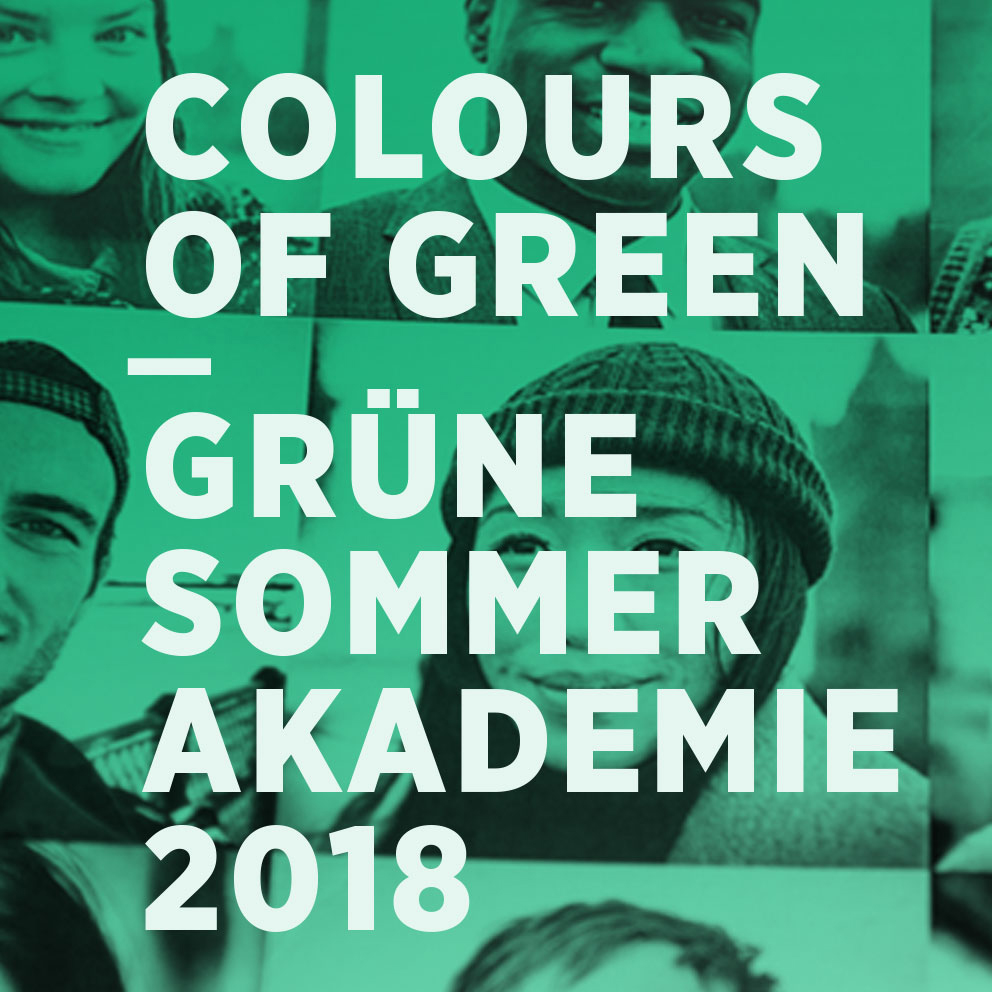

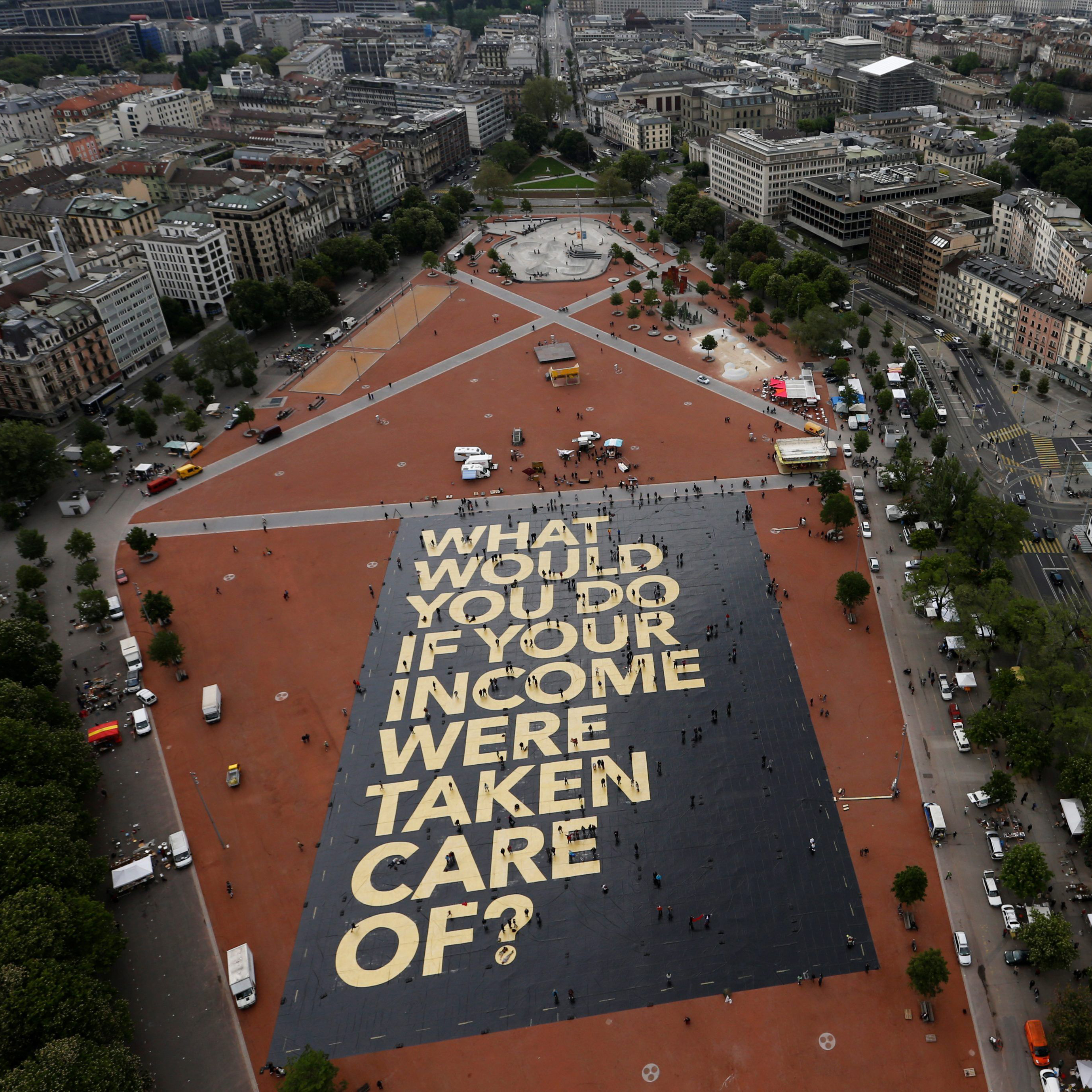
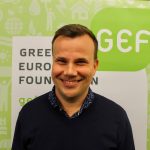 Ville Ylikahri, GEF Board Member, Secretary General in the
Ville Ylikahri, GEF Board Member, Secretary General in the 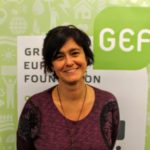 Susanne Rieger, GEF Co-President, responsible for European issues and European relations in the Catalan Green foundation
Susanne Rieger, GEF Co-President, responsible for European issues and European relations in the Catalan Green foundation 
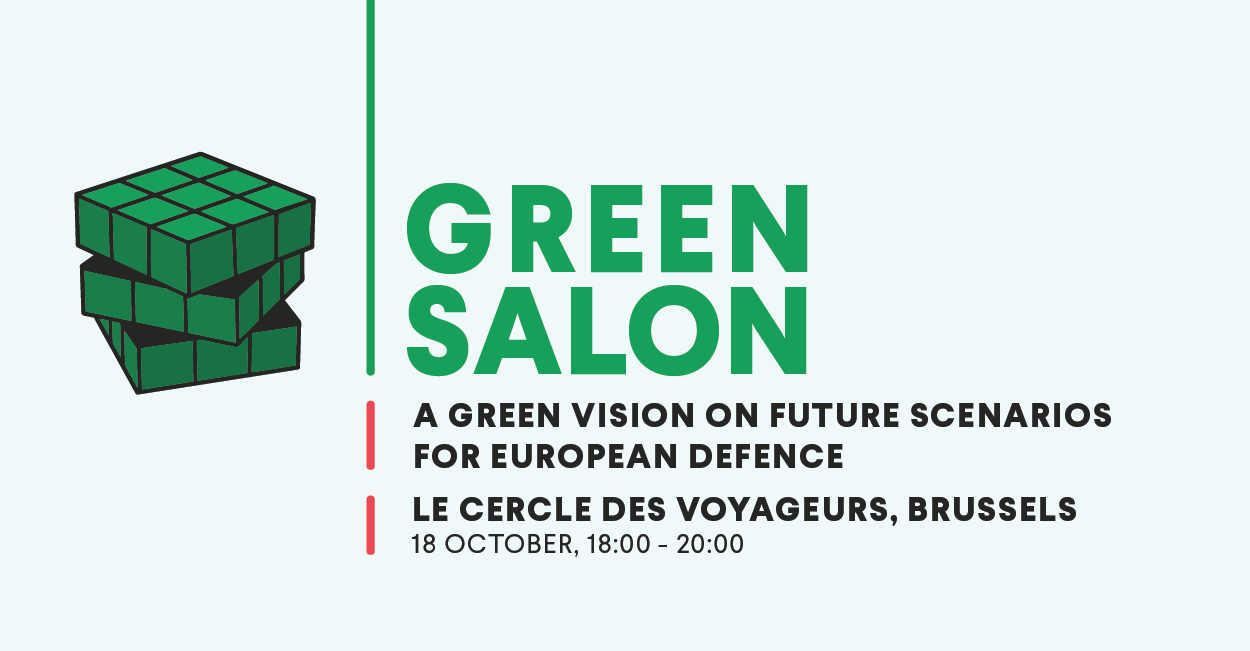
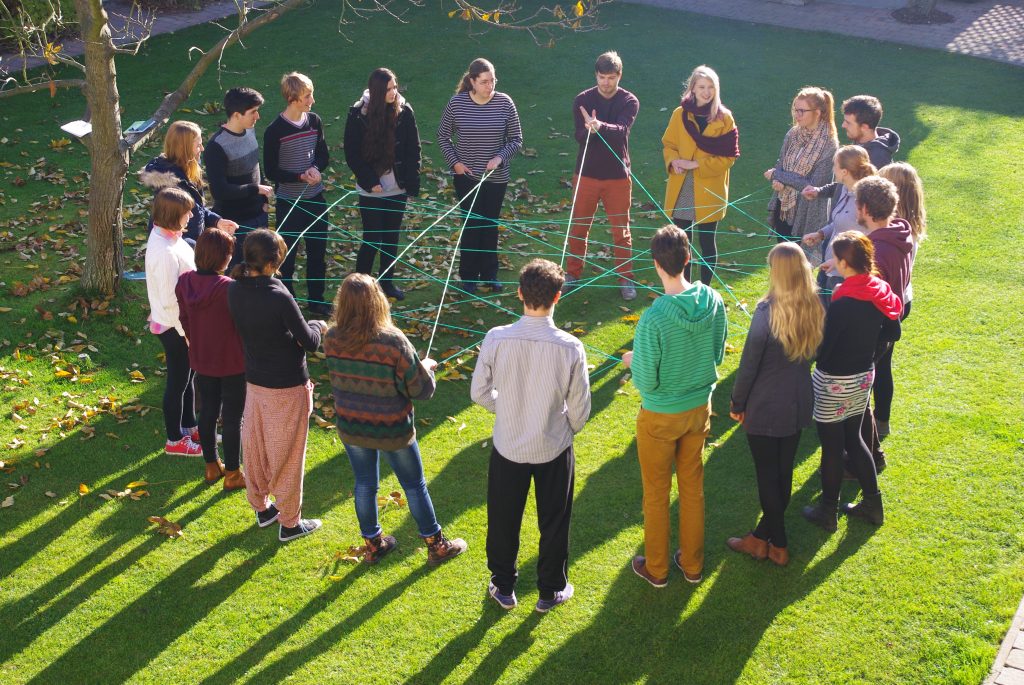


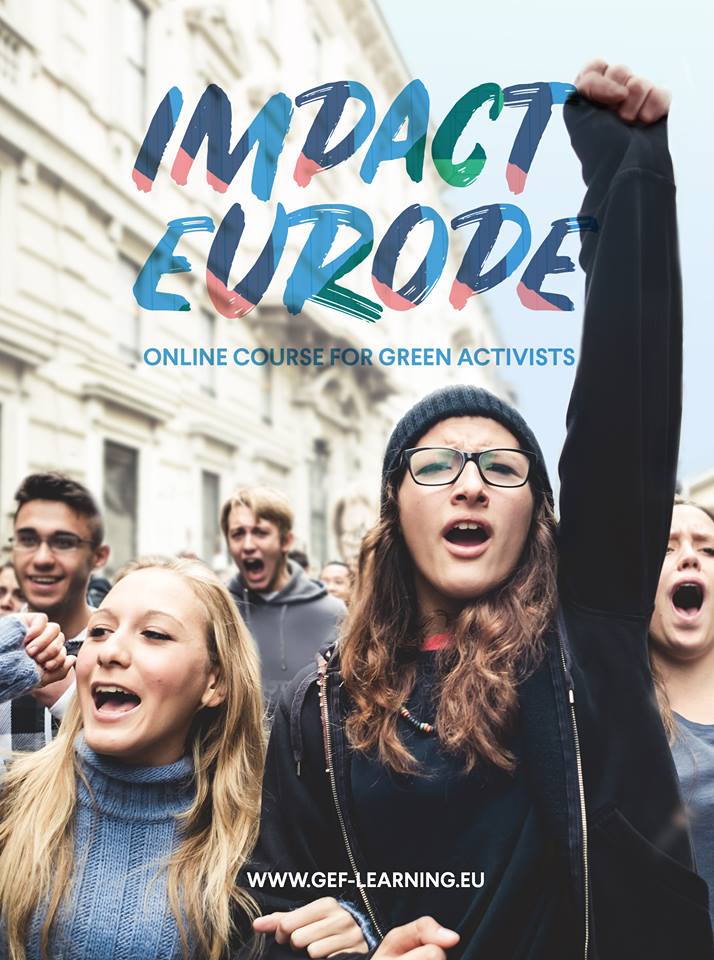

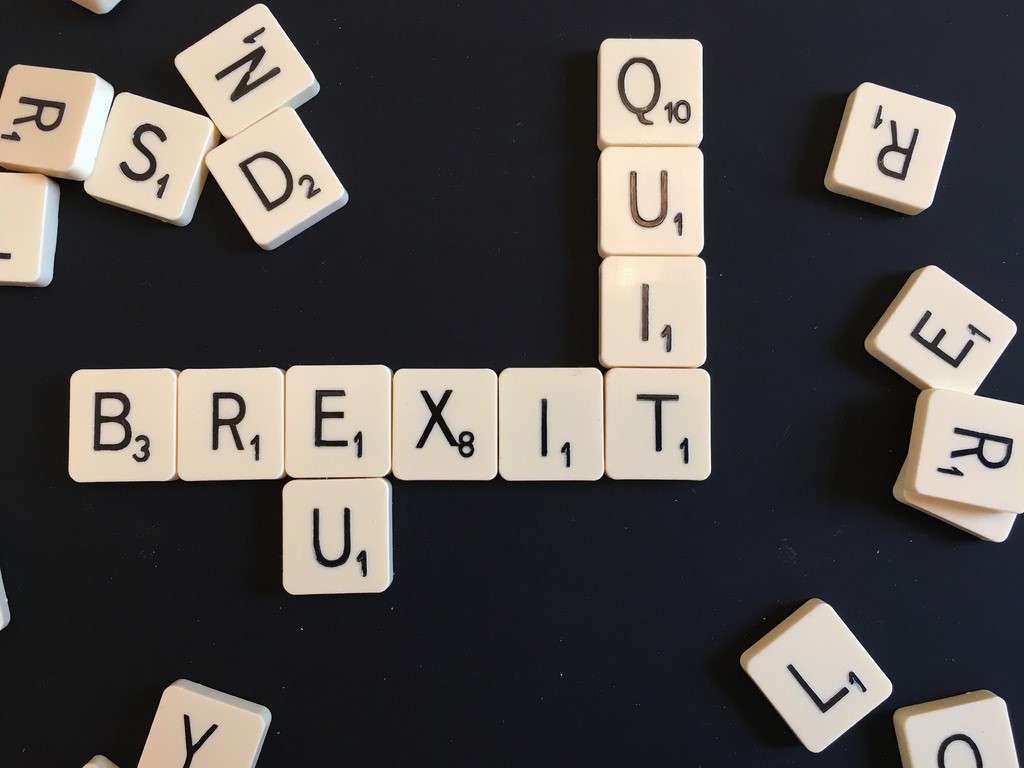

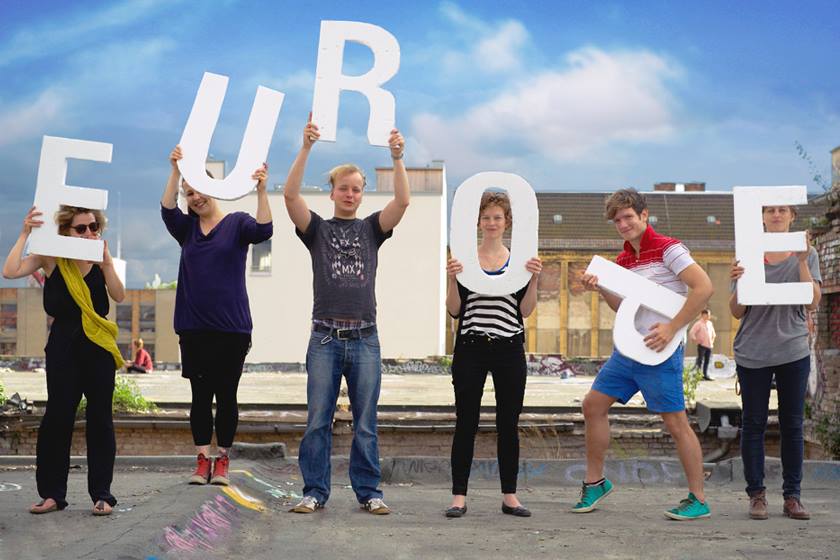

 Also in 2016, young green-minded people gathered in Helsinki for a training on European topics as part of the Green European Foundation’s transnational project
Also in 2016, young green-minded people gathered in Helsinki for a training on European topics as part of the Green European Foundation’s transnational project 